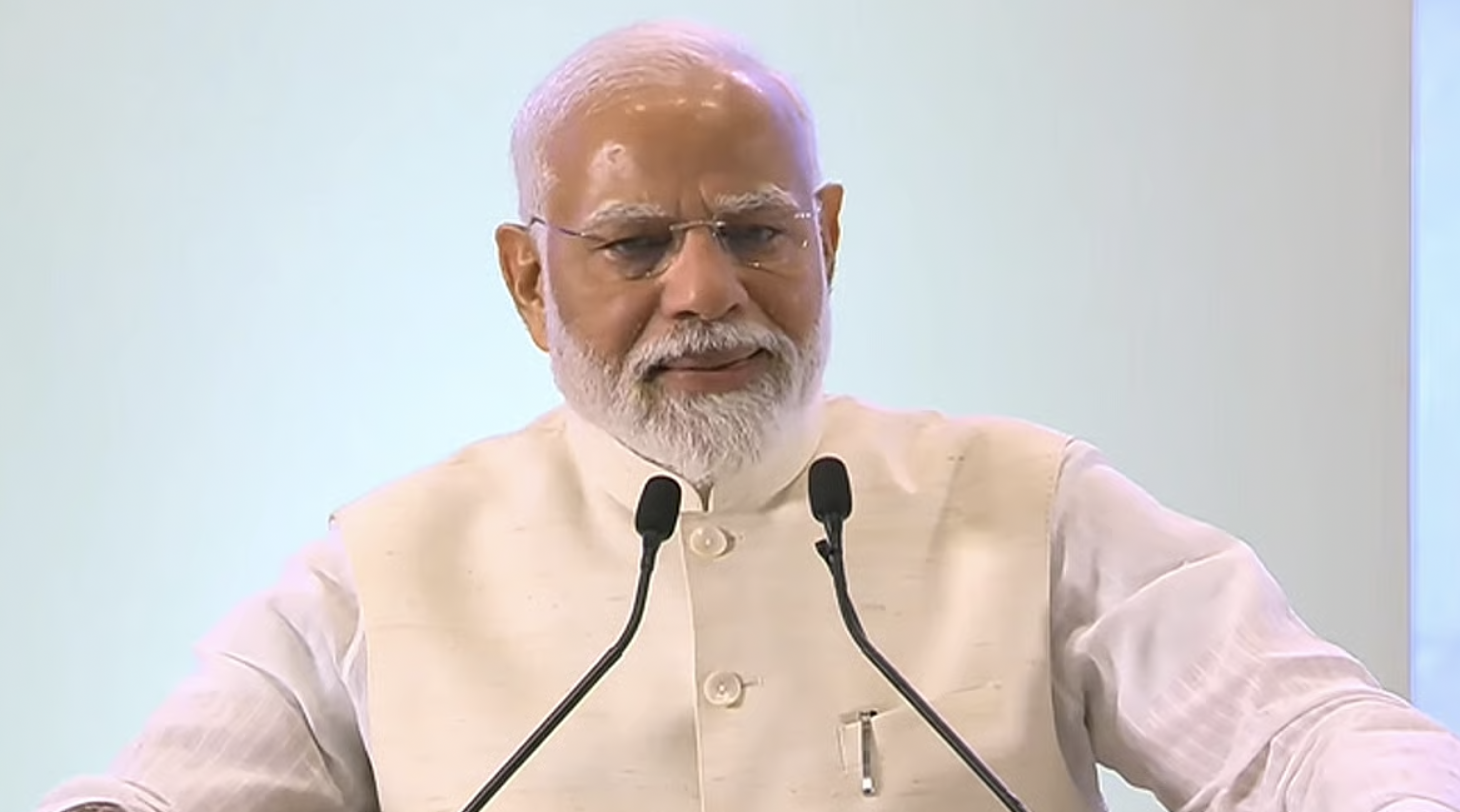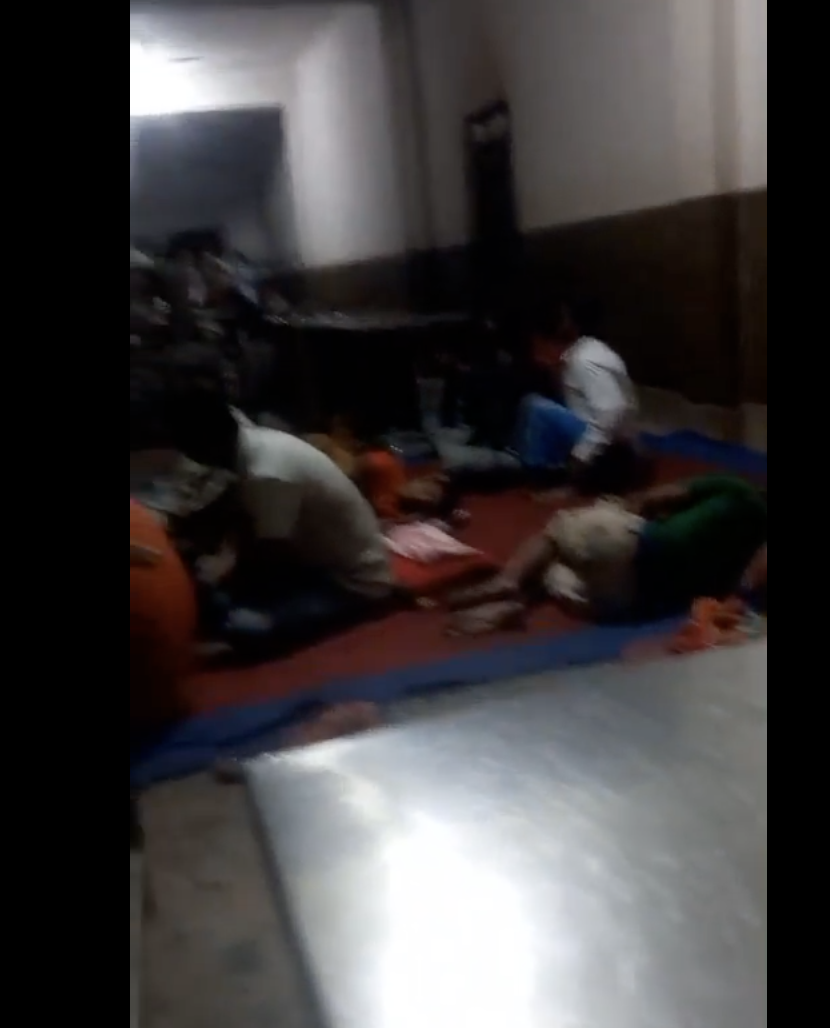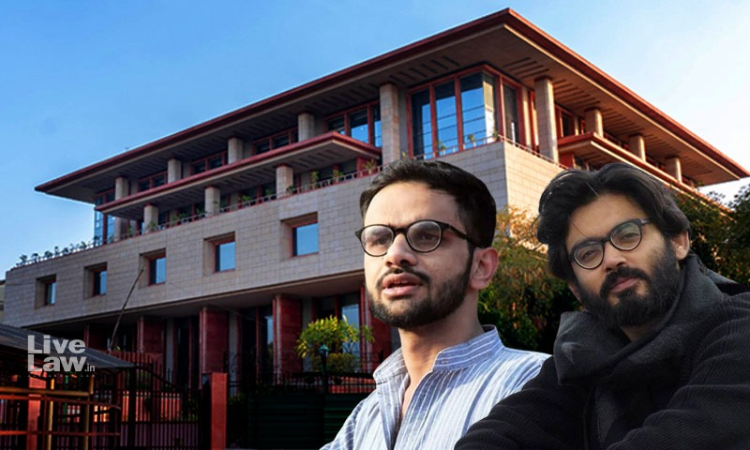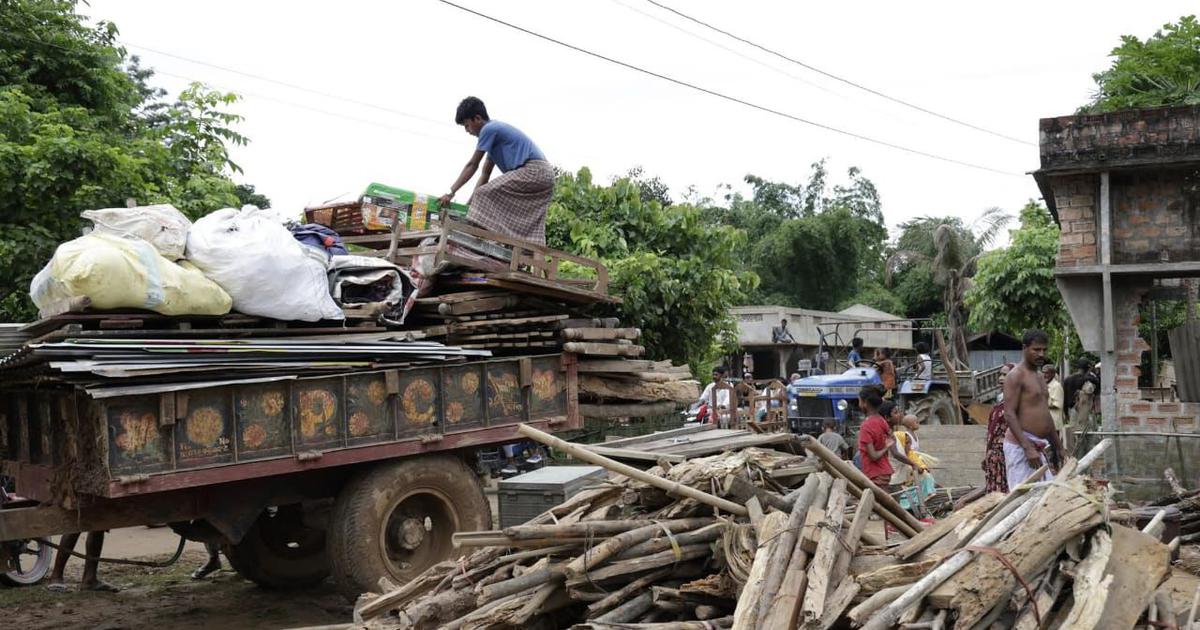In the latest instance of impunity to the perpetrators of violence in Muzaffarnagar in September 2013, the Yogi Adityanath government has sought to withdraw the cases registered against Bharatiya Janata Party (BJP) legislators Sangeet Som and Suresh Rana and Member of Parliament Sanjeev Balyan.
The Uttar Pradesh government has declared its intention to move the special court for MPs and MLAs to withdraw seven cases registered against Som. Of these cases, registered between 2013 and 2017, four were in Muzaffarnagar and one each was in Meerut, Saharanpur and Gautam Buddh Nagar districts of western Uttar Pradesh.
Som hails from Faridpur village in Meerut district and shot to infamy after his alleged role in triggering the violence of 2013. In the 2017 Assembly elections, he won from the Sardhana constituency, not in spite of but because of the communal polarisation created as a result of the violence, according to both Hindu and Muslim voters. Indeed, the electoral victories of Prime Minister Narendra Modi in 2014 and the BJP in the 2017 Assembly elections were credited to the Muzaffarnagar violence by many, including those from within the ranks of the BJP. Standing next to Sanjeev Balyan and addressing an election rally in February 2014, Umesh Malik, then BJP executive committee member, said, “During the Lok Sabha election, the embers that rose from Muzaffarnagar spread to the State, and from there to the entire nation. The embers that you created made Narendra Modi the Prime Minister. It is the issue of identity and your honour today.”
The charges against Som include the circulation of a fake video that was instrumental in spreading the violence. The video, showing the murder of a youth, was uploaded by Som on social media, claiming that it depicted the lynching of two Jat boys, Sachin and Gaurav, by a Muslim mob in Kawal village. The fabricated story of love jehad that was decked up to justify the violence was proved false and the video was later found to be an old one shot in Pakistan. The Justice Vishnu Sahai Commission, which submitted its report two years after the violence, indicted him for his role in the incident. The retired judge of the Allahabad High Court attributed the escalation of the violence to a number of reasons, including inaction by the then ruling Samajwadi Party, in his 700-page report and also submitted an Action Taken Report. According to his estimation, 62 people lost their lives and 60,000 were displaced, but independent sources give higher figures.
Som, along with 200 others who had “liked” the inflammatory video, were booked under Section 66 of the Information Technology Act on September 2, 2013, which criminalises the sending, through a computer or other communication device, of offensive messages that are false and meant to cause danger, obstruction, insult, injury, enmity, hatred or ill will. But a special investigation team (SIT) formed to probe the incident gave Som a clean chit in 2017. In its final report presented to the court, the investigation officer claimed they had found no evidence against Som. Facebook, where the video was uploaded, apparently failed to provide details of who uploaded the video by claiming that it kept records for only one year.
The SIT was formed in September 24, 2013. The same day, Som was booked under the National Security Act. In total, 567 riot-related cases were lodged and first information reports filed. But in most of the cases, witnesses turned hostile and the cases dragged on with no progress whatsoever.
On January 18, 2017, Som was booked for showing clips from the riots as part of a documentary. Apart from the riot cases, he was also charged with flouting Section 144 of the Code of Criminal Procedure (CrPC), misbehaving with the police, violating Section 144 in Saharanpur and Gautam Buddh Nagar, and taking out a procession in Sardhana.
Som was at the forefront of the anti-beef crusade that morphed into the gau raksha campaign, leading to a spate of lynchings of Dalits and Muslims across the country under the pretext of fighting cow smuggling. But, interestingly, it was found that he was associated with two meat processing units and export companies, named Al-Dua and Al-Anam.
If the cases against Som do indeed get withdrawn, it would not be an aberration but routine as far as Uttar Pradesh’s law and order scene is concerned. Ever since the BJP formed its government in the State, it has systematically gone about withdrawing cases against its leaders. The cases relating to the Muzaffarnagar violence alone have constituted a chunk of those sought to be scuttled. On March 22, 2018, it was reported that the government had initiated the process of withdrawing 131 cases concerning the 2013 violence. But the court is yet to give permission for them all. Earlier in January 2018, Governor Ram Naik gave his assent to a Bill that sought to withdraw 20,000 “politically motivated” cases filed across Uttar Pradesh over protest demonstrations, including one against Chief Minister Yogi Adityanath.
In a blatant subversion of the law and order machinery, Adityanath absolved himself in a 1995 case where he allegedly violated prohibitory orders.
Earlier this year, an investigation found that in 40 of the 41 cases registered relating to the violence against Muslims in Muzaffarnagar, all the accused were acquitted. The only conviction was in the case relating to the murder of the Jat cousins Gaurav and Sachin, which led to the spiralling of the violence in Muzaffarnagar district.
If the Uttar Pradesh government continues to deliver selective justice, then many BJP leaders will be extricated from the law without due procedure. They include Union Minister and Member of Parliament from Muzaffarnagar Sanjeev Balyan; MP from Bijnor Bhartendu Singh; Cabinet Minister from Thana Bhawan Suresh Rana; Budhana MLA Umesh Malik; and Sadhvi Prachi. Some, like Balyan, have already been rewarded with a berth in the Union government by the BJP, after his name was associated with the communal violence.
Inciting Violence
All of them have been charged with inciting violence through their speeches at the Mahapanchayat in Nagla Mandaur on August 30, 2013, which purportedly mobilised the rioters just before the violence. They were booked under Sections 188 (violating prohibitory orders), 354 (assault or criminal force to deter public servants from discharging his duty) and 341 (wrongful restraint) of the Indian Penal Code (IPC).
In the past six years, these BJP leaders have claimed that the cases against them were “politically motivated” and were part of the “vendetta politics” of the then Samajwadi Party government, thereby justifying the quashing of the charges.
Rana, a two-time MLA from Shamli, was earlier Minister of State (Independent Charge) for Cane Development and Sugar Mills. He was arrested under the National Security Act (NSA) for his alleged role in fanning the violence in Muzaffarnagar through provocative speeches. But, in less than two months of being incarcerated, his detention was revoked by the NSA Advisory Board along with that of Som, who was also behind bars under the NSA.
Apart from the riot cases, Rana was charged with making hate speech in the run-up to the State Assembly elections in 2017. He had said that if he won the elections, he would impose a curfew in Deoband, Kairana and Moradabad. A case was registered against him under IPC Section 505 (making an inciting statement) and Section 125 (promoting enmity between classes) of the Representation of the People Act. The very next day, he was again charged with violating the model code of conduct. In the Cabinet reshuffle on August 21, Yogi Adityanath elevated him to the rank of a Cabinet Minister.
Under the CrPC, the State government is empowered to withdraw from prosecution at any stage before the judgment in a case if it seeks the approval of the court concerned. The court has to satisfy itself that dropping the case against an accused would serve the “public interest”. Cases against lawmakers are tried in special MP/MLA courts and permission for withdrawal can be granted by these courts, explained a lawyer.
But the subversion of justice in the Muzaffarnagar cases, if it happens, will come as a surprise to no one. When thousands of Muslims were pushed to subsist in relief camps after the violence, the State government closed the camps down prematurely. An Aman Biradari [a campaign for secularism, peace and justice] team, visiting the district after a year, had found that over 10,000 men, women and children continued to live in unofficial camps in 25 villages under appalling conditions. Outrage over the death of 100 children in these camps during the winter months led to the administration sending medical teams, which, too, stopped after a while. Instead of ensuring the safe return of these people to their villages, the State government announced a compensation of Rs.5 lakh for each displaced household only in the villages that were attacked, on the condition that they would not return to their villages. This compensation is yet to reach the families.
In retrospect, Muzaffarnagar became another Gujarat 2002, where the perpetrators were not only allowed to go scot-free but also rewarded for their alleged crimes, while the victims, displaced and battered, continue to go from pillar to post in search of justice. Both occurred under the watch of Modi, first as Chief Minister and then as the Prime Minister.
This story first appeared in the Indian Magazine Frontline on September 13, 2019 here.






